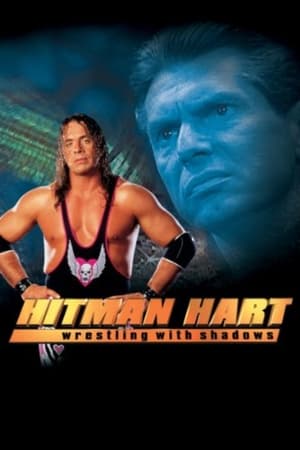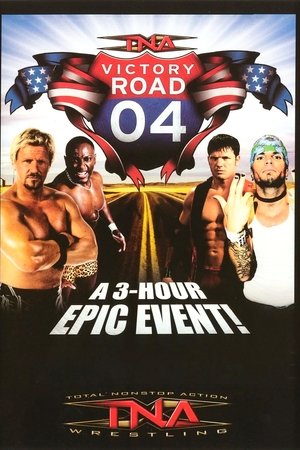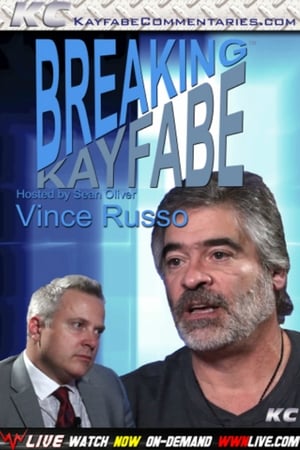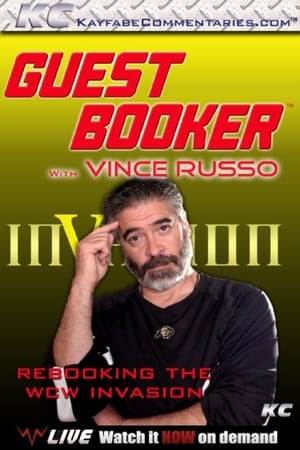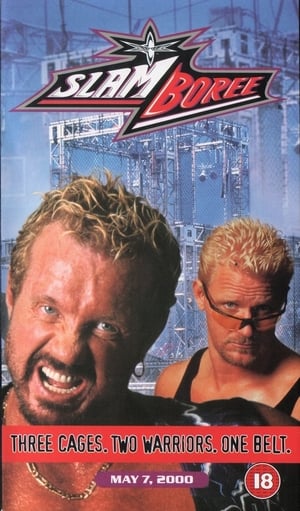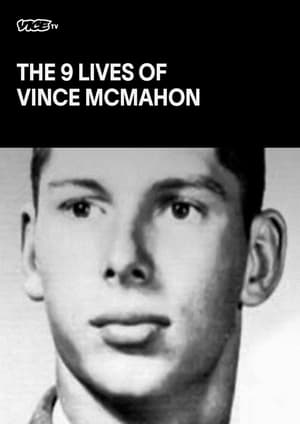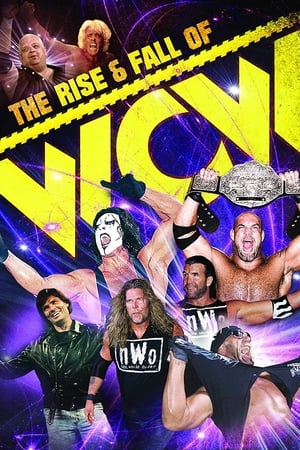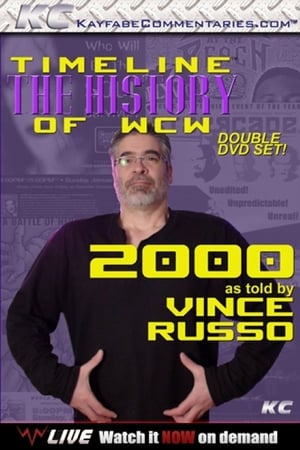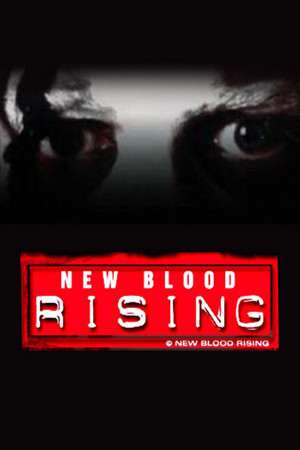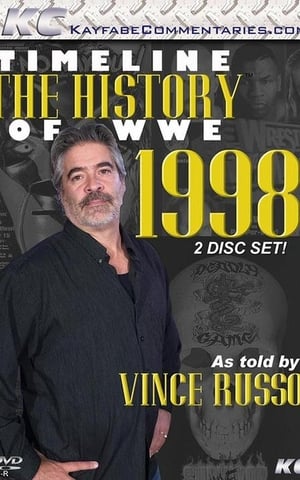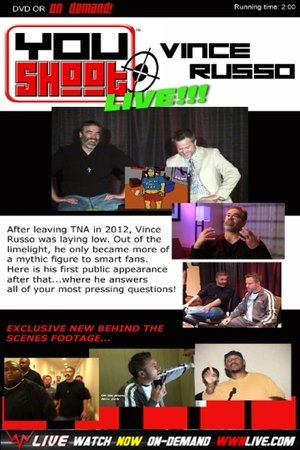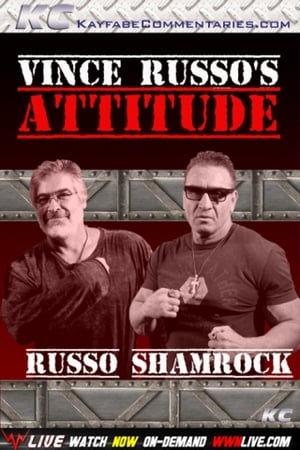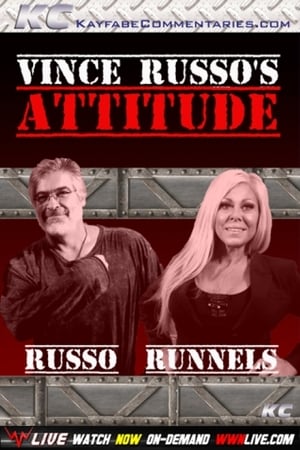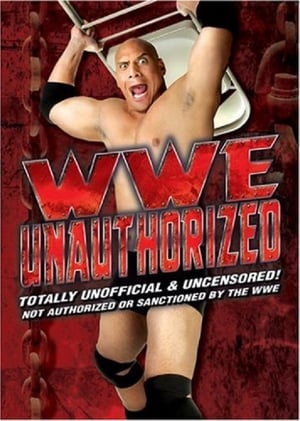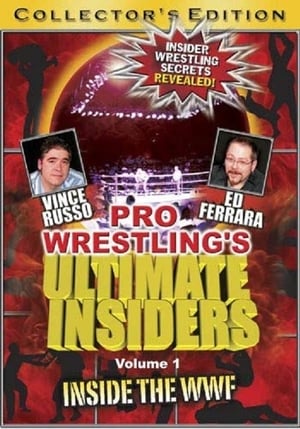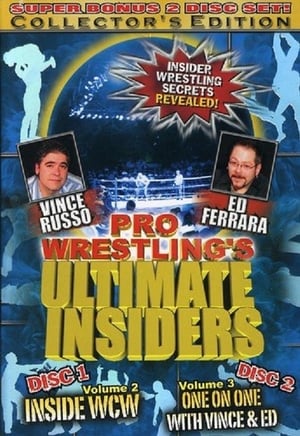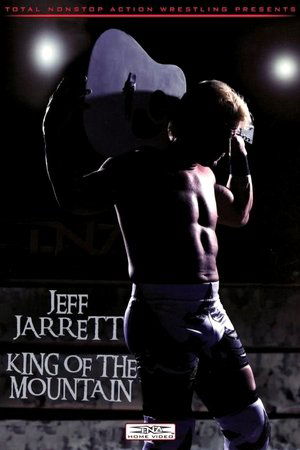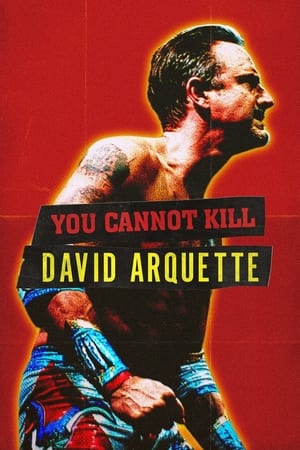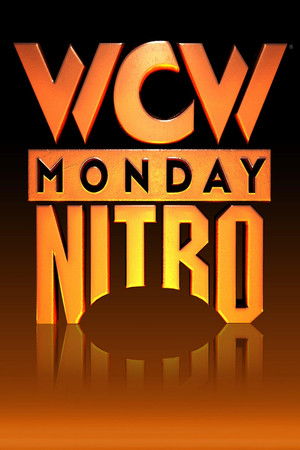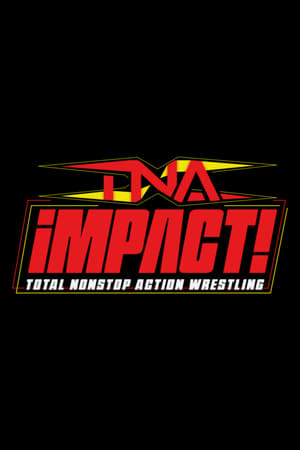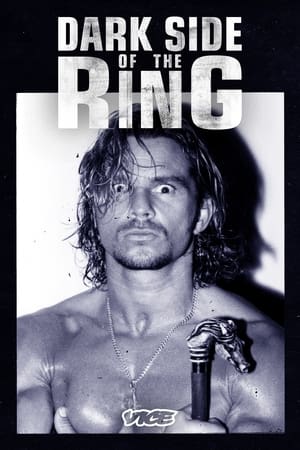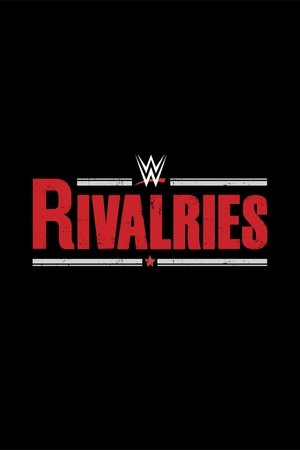Biography
Vincent James Russo is an American professional wrestling writer, booker and pundit. He is notable for his tenures with WWE, World Championship Wrestling (WCW) and Total Nonstop Action Wrestling (TNA) in creative roles. He also occasionally made appearances as an on-screen authority figure, and professional wrestler, in WCW and TNA.
Russo's writing style often blurred the lines between reality and fiction, while also favoring elements such as shock twists, grand moments and larger-than-life characters over in-ring action, which made him a controversial figure amongst certain wrestling fans. Russo was head of the WWE's creative department during the widely acclaimed 'Attitude Era', during which the company achieved record high television ratings.
During a self-booked in-ring career in WCW, Russo became a one-time WCW World Heavyweight Champion, and scored televised singles victories over future WWE Hall of Famers Ric Flair and Booker T (the latter to win his world title).

